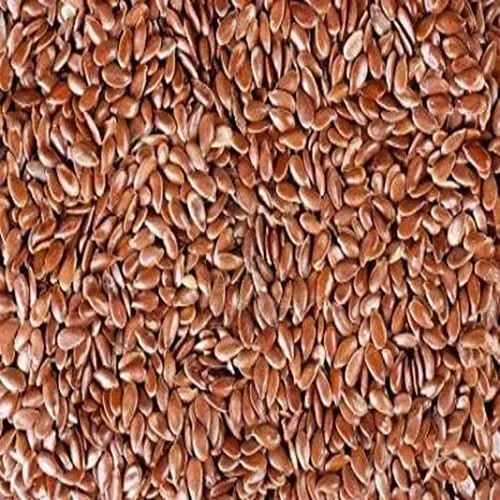Introduction

The banyan tree, scientifically known as Ficus benghalensis, is a revered and iconic tree in many cultures, especially in India. Its seeds, known as Aalam Vithai in Tamil, have long been used in traditional medicine for their therapeutic properties. These seeds are packed with nutrients and bioactive compounds that can support health in various ways. Below is a comprehensive overview of the forms, benefits, and side effects of dried banyan tree seeds.
Forms of Banyan Tree Seeds
- Raw Seeds: The seeds are naturally harvested, dried, and used in their raw form. They can be ground into a powder for easier consumption.
- Seed Powder: Dried seeds are often ground into a fine powder and stored for medicinal and culinary use. This is one of the most popular forms due to its convenience.
- Capsules/Tablets: Some manufacturers process the seed powder into capsules or tablets, making it easy to include in daily routines.
- Infused Oil: In traditional Ayurvedic preparations, banyan seeds are sometimes infused into oil for external application.
- Decoction: Aalam Vithai can also be boiled in water to make a herbal tea or decoction.
Benefits of Dried Banyan Tree Seeds

- Rich in Nutrients: Banyan seeds are a natural source of proteins, vitamins, and essential fatty acids that can boost overall health and vitality.
- Diabetes Management: Studies suggest that the seeds may help regulate blood sugar levels, making them beneficial for individuals with diabetes.
- Improved Digestion: The seeds have mild laxative properties and can aid in relieving constipation. They also support a healthy gut by promoting the growth of beneficial bacteria.
- Reproductive Health: In traditional medicine, banyan seeds are used to enhance reproductive health. They are believed to improve fertility in both men and women.
- Anti-Inflammatory Properties: Banyan seeds contain compounds with anti-inflammatory effects, which can help in reducing pain and inflammation in conditions like arthritis.
- Immune System Boost: The antioxidants in the seeds help strengthen the immune system and protect the body from infections and diseases.
- Skin and Hair Health: When used externally or consumed, the seeds contribute to glowing skin and healthy hair by providing nourishment and combating oxidative stress.
Side Effects of Banyan Tree Seeds
While banyan seeds are generally safe when used in moderation, there are a few potential side effects to be mindful of:

- Allergic Reactions: Some individuals may experience allergic reactions, including itching, swelling, or redness. It’s essential to do a patch test for external applications.
- Digestive Issues: Overconsumption of the seeds may lead to bloating, diarrhea, or stomach discomfort due to their laxative properties.
- Blood Sugar Fluctuations: Although beneficial for diabetes management, excessive use may lead to hypoglycemia (low blood sugar). People on diabetic medication should monitor their blood sugar levels.
- Interaction with Medications: Banyan seeds may interact with certain medications, especially blood-thinners and diabetes drugs. Consultation with a healthcare provider is recommended before regular use.
- Pregnancy and Breastfeeding: There is limited research on the safety of banyan seeds during pregnancy or breastfeeding. It’s best to avoid them during these periods unless advised by a healthcare practitioner.
How to Use Banyan Tree Seeds Safely
Dosage: Start with small amounts, such as half a teaspoon of seed powder, and gradually increase as needed. Always follow the guidance of a healthcare provider or Ayurvedic practitioner.
Combination: Combine the seed powder with honey, milk, or water to enhance its absorption and taste.
Timing: For digestive health, consume the seeds in the morning. For reproductive benefits, they are often consumed at night with milk.




